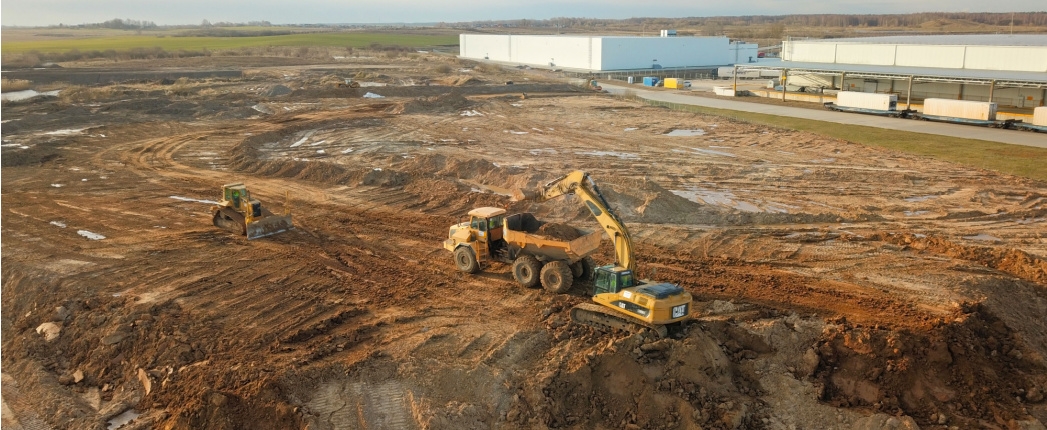
Kazakhstan’s Hill Group expects to break ground in Lithuania soon on an API Group II base oil rerefinery. The project includes a large blending complex that will produce finished lubricants primarily meant for export markets, a company official told Lube Report Monday.
The project, which has an estimated price tag of €100 million (U.S. $107 million), will be built in the Lithuanian port city of Klaipeda. The rerefinery is designed for throughput capacity of 60,000 metric tons per year of used oils and capacity to make 48,000 t/y of base oils and auxiliary products, Nurshat Maratov, the plant’s executive director, said.
“Besides the base oils there will be secondary products such as diesel fuel, while the finished lubricant production is focused on industrial and commercial vehicle products,” Maratov said.
Klaipeda is Lithuania’s largest transport center and is the northernmost ice-free port in the Baltic Sea. Ninety-five kilometers further north is Liepaja, another important Baltic port for movement of cargo, including base oils.
At its website, the company states that the location of the rerefinery and lubricant production plant “will allow us to supply raw materials and finished products to Southeast Asia, North and South America, Africa and the Middle East, as well as the European Union and the Commonwealth of Independent States.” CIS is a loose economic union comprised of several ex-Soviet Union countries, including Russia, excluding Ukraine.
“Europe and third countries, excluding those under sanctions, will be our main lubricant shipping destinations,” Maratov said. “Having a site at the port of Klaipeda allow us to not limit the trade area of our products.”
He added that Lithuania’s lubricant demand was around 28,000 t/y of finished lubricants in 2022. The total lube demand in all three Baltic states – Estonia, Latvia and Lithuania – reached 70,000 tons last year according to the company’s estimates.
The waste oil needed for the rerefinery will come primarily from the Baltic states and from EU member nations.
Studi Technologie Progetti S.p.A., an Italian engineering company in the energy, oil, gas and rerefining industries, will be the main contractor for the design and construction of the Hill’s rerefinery.
“The project complies with the European Waste Management Directive 2008/98/EC and fulfills EU’s policy and principles of a circular economy with the 5F principles,” the company said.
Hill said a great deal of the investment comes from Kazakhstan. In 2021 the company signed a contract with Lithuanian Railways for construction of a railway line. In 2022, the project received a status of “big investor in Lithuania,” while in 2023 it obtained a construction permit and started to receive subsides from the state. Meanwhile, the designs of the external utility communications were completed, and the start of construction work on all parts of the facility is about to begin this month.
Hill’s lubricant plant in Lithuania is projected to produce 80,000 t/y of finished products, including industrial and transmission lubricants, and lubricants for commercial and passenger car vehicles. It will have an option for expansion of up to 150,000 t/y. Both the base oil rerefinery and the lubricant blending plant are expected to be operational by 2025.
Initially, the enterprise will employ a workforce of 140, and with the expansion the number of employees could reach up to 300.
The parent company, Hill Corp., operates another lubricant blending pant in Shymkent, Kazakhstan. It was established in 2010 and has capacity to produce 73,000 t/y of lubricants.